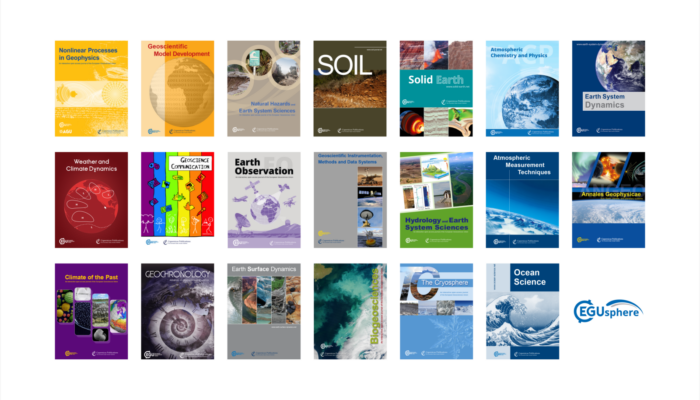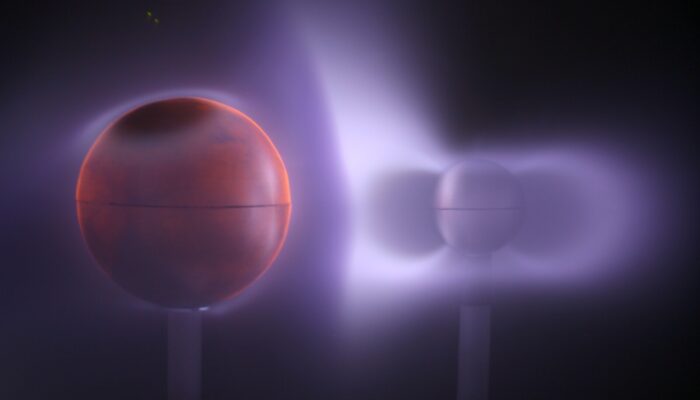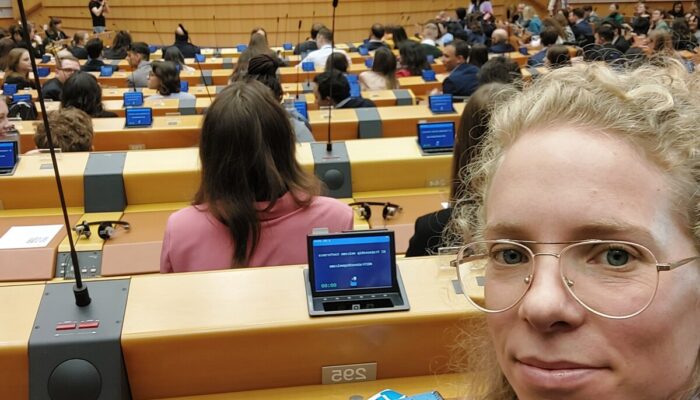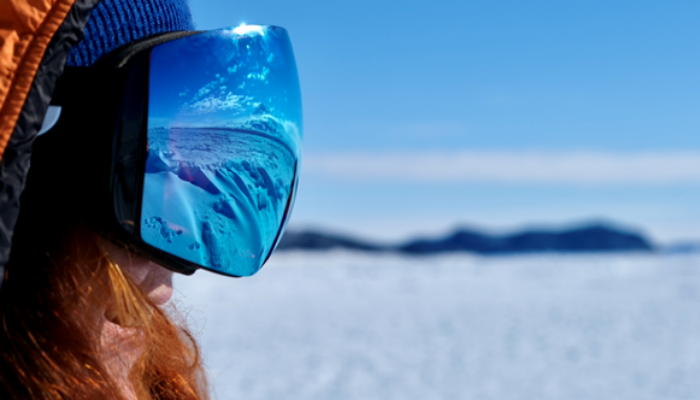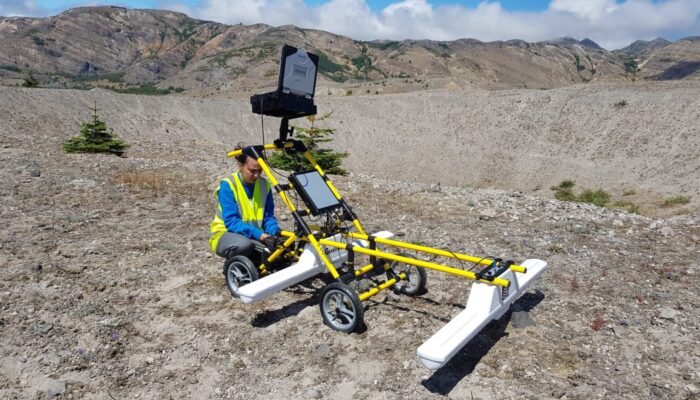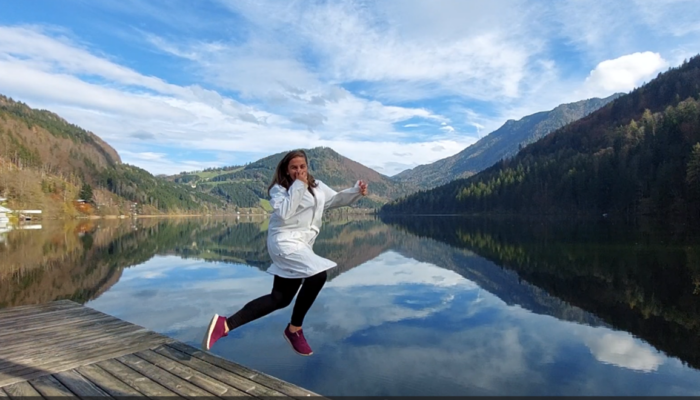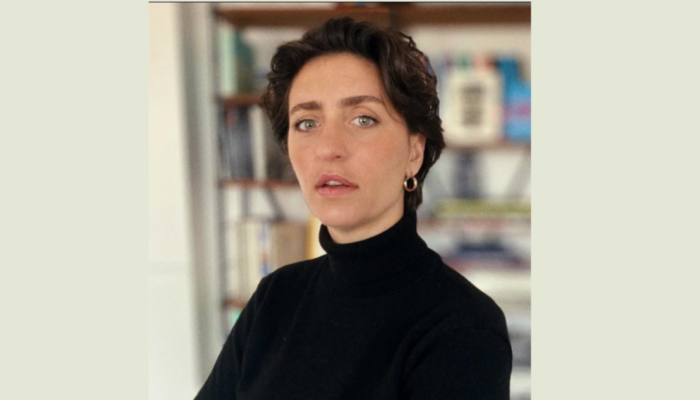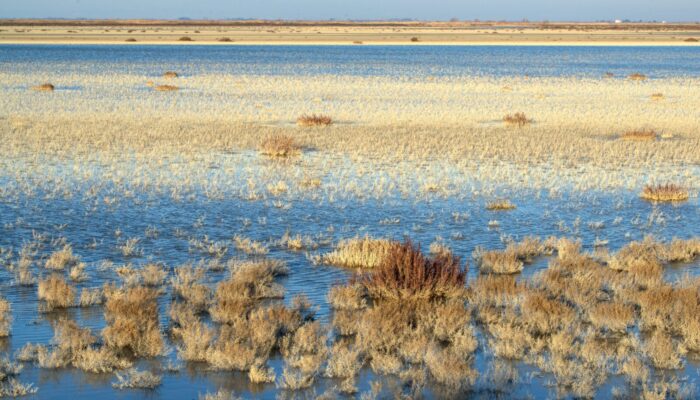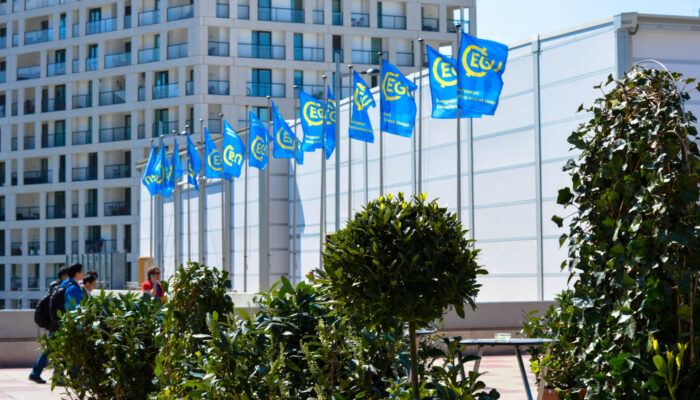Each month we feature specific Divisions of EGU and during the monthly GeoRoundup we put the journals that publish science from those Divisions at the top of the Highlights section. During this month, we are featuring The Cryosphere (CR) and Solar-Terrestrial Sciences (ST). They are represented by the journals Geoscientific Model Development (GMD), Annales Geophysicae (ANGEO), and The Cryosphere. ...[Read More]
GeoLog
Are you ready to vote for your favourite Division blog of 2025?
Our EGU blogging team has had a fantastic 2025 posting across our official blog, GeoLog and the division blogs. Most of our readers appreciate EGU’s blogs for their informative yet accessible style, and for our bloggers’ ability to take complex geoscience content and make it fun and relevant to the reader. If this sounds like something you’d like to get involved in, we encourage you to get i ...[Read More]
GeoLog
How 40 years of Viking missions decoded the Universe’s most misbehaving matter
In a couple of days, on 22 February, we will mark a major milestone in space history: 40 years since the launch of the first Swedish Viking satellite, when an Ariane rocket from Kourou in French-occupied Guiana launched on 22 February 1986! While the general public might hear the word Viking and picture longboats, heavy axes, and a level of beard maintenance that borders on the professional, space ...[Read More]
GeoLog
GeoTalk: Meet Marie Cavitte, policy officer for the Cryosphere Division, member of the EGU Climate Hazards Task Force, former Blue Book trainee
Welcome, Marie! Could you please introduce yourself to our readers? Hi, my name is Marie Cavitte. I’m a glaciologist and climatologist with a passion for the polar regions. I spent 10 years studying Antarctica. I started off during my Masters, then PhD, looking at the oldest ice on Earth, hunting for THE region of the ice sheet that might contain million-year-old ice. An ice core has been drilled ...[Read More]
GeoLog
McMurdo Sound’s 70th anniversary: An expedition journal by Julia Martin
It was October 28, 2022 around 3 p.m. Fascinated by the majestic white snow-covered mountain caps, deep-blue sea ice cracks and light-blue pressure ridges, I gently press my nose against the cold double-glassed window of the Royal New Zealand 757. The tires smoothly touch the ground, and the warm voice of the flight attendant fills the dry air in the aircraft: “Ladies and Gentlemen, welcome to Ant ...[Read More]
GeoLog
International Day of Women and Girls in Science: Reflections from seismologist Simona Gabrielli
Hello you, and happy International Day of Women and Girls in Science! My name is Simona Gabrielli, and I am a researcher at the INGV (Istituto Nazionale di Geofisica e Vulcanologia, Italy), where I study seismic attenuation (in other words: how earthquakes lose energy while passing through rocks), to understand the presence of fractures and fluids. My specialization in recent years has been in tec ...[Read More]
GeoLog
“Should I just jump in the lake in my lab coat?” EGU’s Teacher-Scientist Pairing Scheme
This was the moment when our video duet lesson really started to take shape. Yes, we’d already sketched the idea for a lake stratification lesson months earlier when we applied for EGU’s Teacher–Scientist Pairing Scheme, supported by the Education and Outreach committees, but we wanted an opening that would stop students in their tracks. Nothing like a cold plunge to get everyone’s attention! We b ...[Read More]
GeoLog
GeoTalk: Meet Soil Microbiologist and Early Career Scientist Biogeosceinces Representative, Elsa Abs!
Hello Elsa & welcome to GeoTalk! Before we dig deeper, could you introduce yourself to our readers? Hi! I’m Elsa (they/them). I’m a microbiologist/biogeochemist, and I just started a permanent position at the French National Centre for Scientific Research (CNRS) one month ago. I work with one PhD student, Elisa Richard, and two postdocs, Mathilde Bourreau and Thomas Cortier, on my ERC Starting ...[Read More]
GeoLog
Geoscientific perspectives on global wetland systems: Between traditional knowledge and cultural heritage
Today marks World Wetlands Day, and this year, the theme is Wetlands and traditional knowledge: Celebrating cultural heritage. Each year, February 2 is a day dedicated to recognising wetlands as places that store carbon, protect water, and hold complex cultural meaning. Wetlands such as mangroves, salt marshes, seagrass beds, peatlands, and floodplains are extremely good at taking carbon out of th ...[Read More]
GeoLog
How to make the most out of your experience at EGU26 (part 2)
Presenting can be a big topic on its own, so I am about to share some essentials. Let’s suppose you have a talk: have its content completely ready at least a day before, practice it at least three times in full length, and once before you are in front of a real audience. If you don’t have a test audience, you can use a mirror. I know, this can sound embarrassing, and it does take time, ...[Read More]

